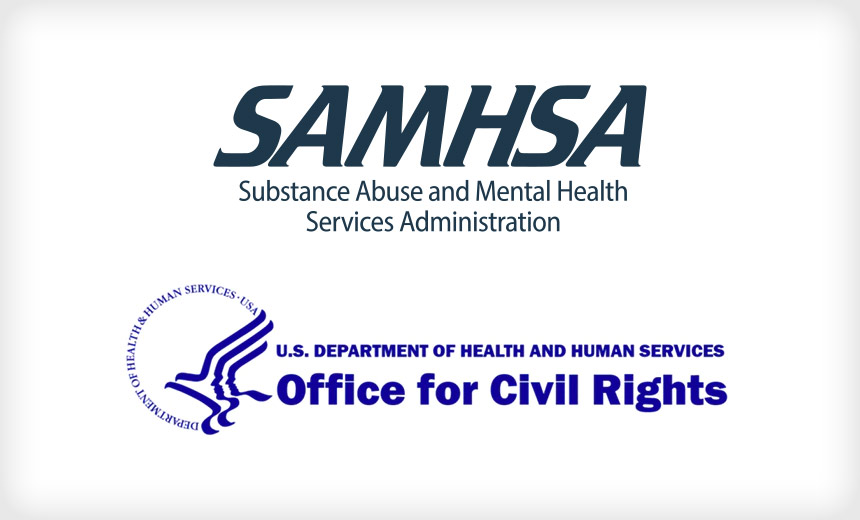Data Privacy,
Data Security,
Healthcare
HHS Transfers 42 CFR Enforcement Responsibilities to Office of Civil Rights Amid Significant Restructuring

The U.S. Department of Health and Human Services (HHS) has assigned its Office for Civil Rights (OCR) the authority to investigate and take action against organizations that violate confidentiality provisions concerning substance use disorder records. However, experts express concerns regarding the OCR’s capability to manage enforcement responsibilities for both HIPAA and the newly inherited 42 CFR Part 2 regulations.
In a recent announcement by HHS Secretary Robert F. Kennedy Jr., the transition of enforcement duties was highlighted in a statement of delegation authority. This shift has been met with skepticism, particularly regarding the OCR’s resource constraints amidst recent budget cuts. Adam Greene, a privacy attorney, remarked on the agency’s prior struggles for staffing and budgeting, emphasizing that the lack of resources will likely prolong investigation timelines.
This transition follows the finalization of a rule by HHS and the Substance Abuse and Mental Health Services Administration (SAMHSA), which previously handled 42 CFR Part 2 regulations. The new rule aims to harmonize certain aspects of Part 2 with HIPAA regulations, as mandated by the CARES Act enacted in 2020, to facilitate improved care coordination while maintaining patient confidentiality.
One of the rule changes simplifies Part 2 consent requirements, allowing easier compliance with HIPAA. Greene notes that records received under this new framework would typically be treated similarly to other protected health information. However, compliance challenges remain significant for existing Part 2 programs, which must navigate operational hurdles to segregate these records from other health information.
A considerable reorganization of HHS has left OCR with limited staffing capabilities, significantly impacting its enforcement power. While OCR has been consistently underfunded, the agency reported over 785 major breach cases under investigation, necessitating an urgent call for increased resources to address the growing HIPAA breach investigation demands.
Legal experts have suggested that while transferring the enforcement of Part 2 to OCR aligns with regulatory changes, it raises concerns about resource allocation for enforcement efforts, especially as OCR grapples with an increasing backlog of cases. Failure to resolve potential violations efficiently could adversely impact stakeholders, including patients, healthcare entities, and HHS itself.
In summary, while the transition of enforcement duties to OCR represents a significant regulatory change, it raises questions about the agency’s capability to manage its expanded responsibilities effectively. Stakeholders within the healthcare and cybersecurity sectors will need to monitor how this regulatory evolution unfolds, given its implications for the protection of sensitive patient information.